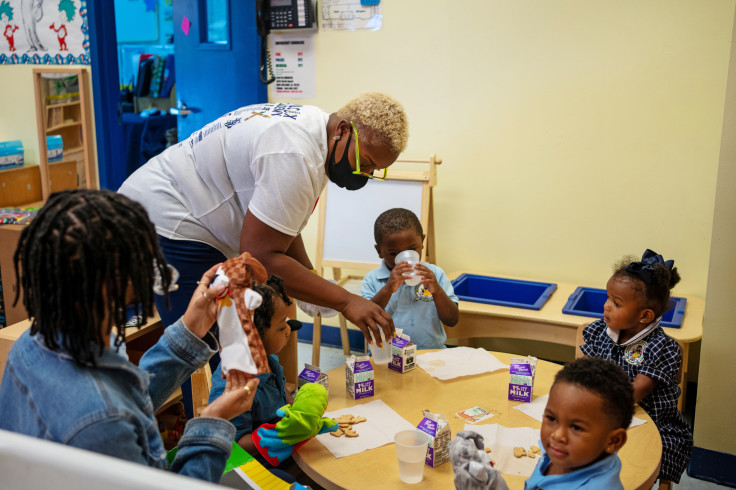School pupils more likely to be excluded if they have a history of social care
According to a UCL study, English secondary school pupils who have a history of receiving social care or educational needs are more likely to be excluded.

Social care is a term that generally describes all forms of personal care and assistance for children, young people and adults who need extra support. Ideally, social care will open up multiple opportunities for young people, whilst working to improve their mental health.
There is a wide range of social care services available to children who require social support or safeguarding from harm, including those who require foster care and protection.
Despite all the healthy up-sides and positive encouragement from practical social care, conversely, a recent study from University College London (UCL) researchers suggests that a history of social care may in fact be a hindrance to a child's education.
The results of the study suggest that secondary school pupils in England are significantly more likely to be excluded if they have a history of receiving any form of social care, or special educational needs (SEN) services.
Researchers from UCL gathered anonymous data from the Department for Education's National Population Database, which allowed them to collect information on children starting state secondary schools in September 2011 and 2012 across the country – equating to around one million students.
With this data, the researchers were able to examine the grand proportion of pupils who had been temporarily excluded or expelled during their time at school, and how many of these students had received social care prior to their secondary education.
The team subsequently found that 13 per cent of all children in secondary school were excluded at least once.
However, the figure for children with a history of social care proved to be much higher. Roughly a third of children who received any form of social care in years four to six faced exclusion at some stage during their time at secondary school.
Dr Matthew Jay from UCL, and the study's lead author, commented: "These findings speak to the intersecting problems that many children and families face, that means they cannot access education – something which is a fundamental human right".
"Many children who receive social care services also receive SEN provision at some point throughout their school career," Dr Jay continued. "A large part of this is due to social, emotional and mental health needs – which is not surprising given the adversity they faced earlier on in life".
The findings also showed that there was a lot of variation across the local authorities, which may be due to differences in the way some authorities and schools deal with pupils' needs.
From these results, the researchers are now encouraging the implementation of an inclusive education policy backed up by effective resources for schools and teachers to ensure that the needs of vulnerable young people are met accordingly.
Dr Louise McGrath-Lone from the UCL Social Research Institute, who is also co-author of the study, said: "This problem won't be resolved until school policies acknowledge that, through no fault of their own, trauma can impact the behaviour of children in care."
He concluded: "Zero tolerance behaviour policies can mean that relatively minor things, such as acting out in class, can set children on a path of escalating sanctions that ultimately ends in exclusion."
© Copyright IBTimes 2024. All rights reserved.






